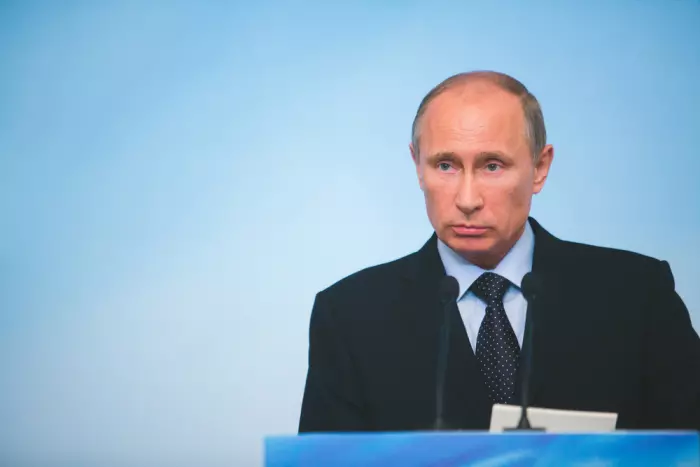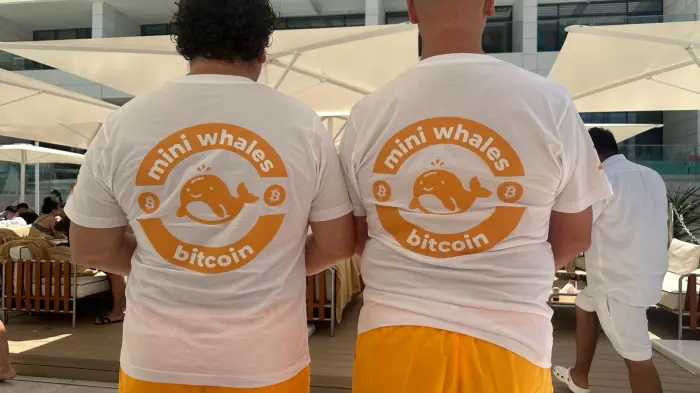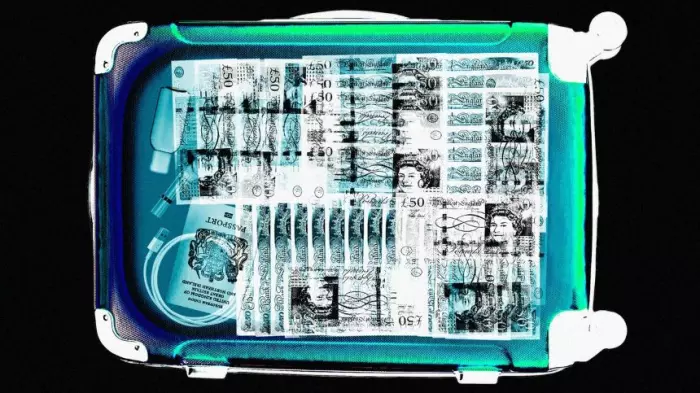Summary: Russia put its nuclear forces on high alert overnight after the United States and Europe announced they would freeze Russian central bank assets overseas and cut some Russian banks off from the international payments system. However, the sanctions carved out Russia’s banks linked to payments for oil and gas exports to limit the pain of higher prices for consumers.
Russia on alert President Vladimir Putin put Russia’s nuclear forces on high alert overnight, saying he was responding to “illegitimate western sanctions” that will cut off Russia’s central bank and other Russia’s banks from the international financial system. US officials described the nuclear alert as totally unacceptable. Elsewhere, there were reports Russian and Ukrainian officials had agreed to talks, but they remain tentative.
Germany finally moves After weeks of prevarication, Germany decided over the weekend to dramatically toughen its response to Russia’s invasion of Ukraine. New German chancellor Olaf Scholz announced Germany would significantly increase its military spending and send weapons directly to Ukraine. Germany also relented on allowing the European Union and the United States to remove some Russian banks from the SWIFT system for managing international payments. It also announced accelerated plans to build two new LNG terminals to try to wean itself off Russian gas, given Russia supplies Germany with 55% of its gas needs.
Not so SWIFT sanctions European and US governments announced over the weekend they would force the Belgian-based international payments system operator SWIFT to cut off some Russian banks. The US also announced it would freeze Russian central bank assets, similar to the way it treated Iran and North Korea. Financial experts said the sanctions on the Russian central bank were designed to make it more difficult for Russia to access its US$630b of foreign reserves to defend the ruble. However, the SWIFT sanctions also carved out the banks involved in financing Russia’s oil and gas companies in an effort keep gas and oil flowing to Europe and elsewhere. That is seen limiting the damage somewhat to oil and gas prices.
Russian dash for cash Russia’s central bank was forced to issue a reassurance to the Russian public on Sunday that the banking system was stable and liquid after thousands of ordinary Russians flocked to ATM machines to withdraw savings in roubles and, where possible, take out US dollars and euros. “The Russian banking system is stable, has sufficient capital reserves and liquidity to function without outages in any situation. All client funds are secure and available at any time,” it said.
Markets on edge US stocks ended Friday trade sharply higher, bouncing on relief the financial sanctions announced up until then had been limited. But that was before the announcement about the move to lock off the Russian Central Bank from accessing its assets overseas. Oil prices also dipped below US$100/barrel late on Friday, but they had yet to trade again by early Monday NZ Time after the announcement of SWIFT sanctions.
BP bails out BP announced this morning it would sell its 20% stake in Russia’s state oil company Rosneft in another sign of the unravelling of economic and corporate ties between the west and Russia BP has held the stake since 2013.
More migrant workers The government announced on Sunday the cap on the Regional Seasonal Employment Scheme for temporary migrant workers in the horticulture and vineyard sectors would be increased by 1,600 to 16,000 for the current 2021/22 season to help with winter pruning, harvesting and packing. It also granted a six-month extension for 8,500 working holiday and supplementary seasonal employment force visa holders.
Fresh on BusinessDesk this morning
Victoria Young writes about a key test of family law in the case of a contested will.
Jenny Ruth writes her column on Kiwibank’s expansion of home lending and small business lending as other banks have slowed down.
Henry Burrell reports on 2 Degrees’ launch today of its Ericsson-powered 5G network, including that it only supports three models of 5G phones. The iPhone won’t be able to access 5G until April or May.
Brent Melville reports on the glacial pace of the RMA approvals process for the Port of Tauranga’s long-awaited container terminal extension.






